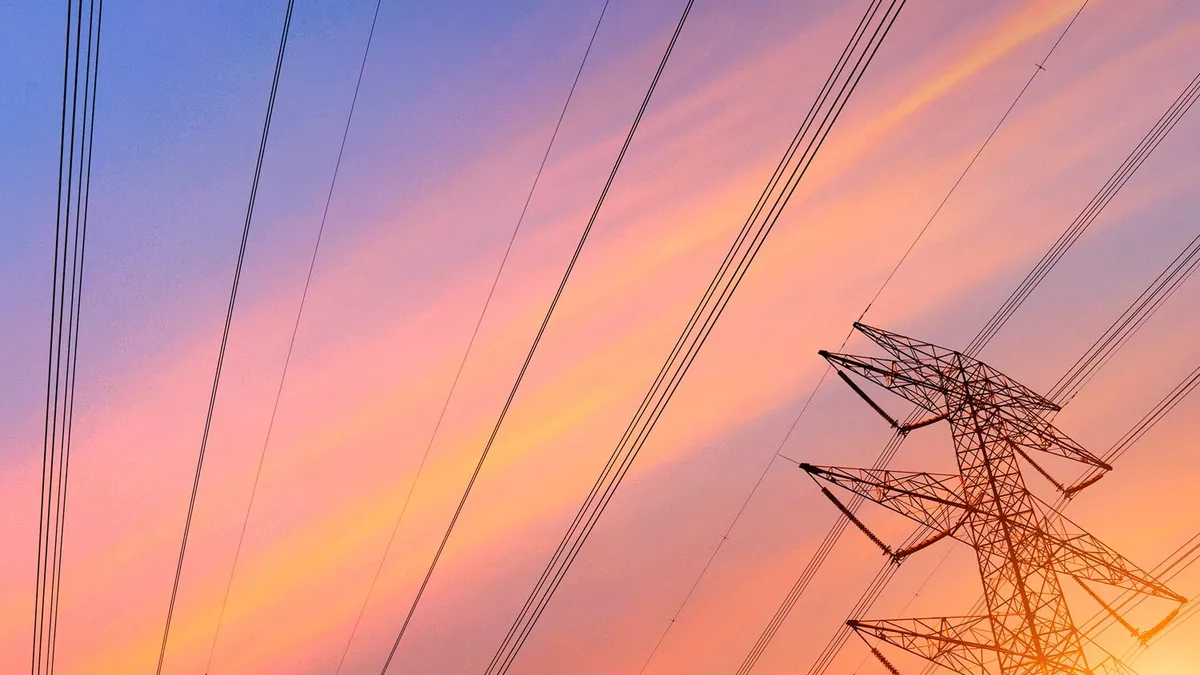Dive Brief:
- Avista signed an agreement on Thursday with the California Independent System Operator (ISO) to participate in its Western Energy Imbalance Market (EIM), a move the Washington utility says will help to integrate more renewables into its energy mix.
- The real-time wholesale energy market launched in 2014 and now has nine active participants with another six utilities pending. Avista said it plans to enter the EIM by April 2022.
- On Monday, the ISO published "another healthy quarterly report" for the EIM, including $85.3 million in gross benefits in the first quarter of 2019 and more than $650 million in total benefits since the market launched five years ago.
Dive Insight:
The EIM has doubled its savings from last year in the first quarter, according to the ISO, while using 52,254 MWh of surplus renewable energy that otherwise would have been curtailed.
"The Western EIM benefits generated for the eight participating members in January, February and March of 2019 have doubled when compared to the $42.08 million gross benefits posted during the same period last year," the ISO said.
A ninth market participant, the Balancing Area of Northern California/Sacramento Municipal Utility District, began participating this month and was not included in the report.
Looking ahead, the Salt River Project in Arizona and Seattle City Light are planning to join the EIM in April 2020. The Los Angeles Department of Water and Power, NorthWestern Energy in Montana, and Public Service Co. of New Mexico (PNM) are all planning to begin participation in 2021. PNM is still waiting on regulatory approval, however.
The ISO said the EIM has helped reduce 346,649 metric tons of carbon emissions from the power sector since the end of 2014.
The real-time wholesale energy market automatically provides the lowest-cost energy available to meet market participant needs, and Jason Thackston, senior vice president of energy resources for Avista, said it will help the utility balance reliability, affordability and environmental concerns.
Joining the market expands the utility's ability to integrate renewables, "but also continue to reliably meet the energy needs of our customers and share resources more cost effectively across a larger geographic area,” Thackston said.
Avista wants to serve customers with 100% clean electricity by 2045, and is aiming to have a "carbon-neutral electricity supply by the end of 2027."














